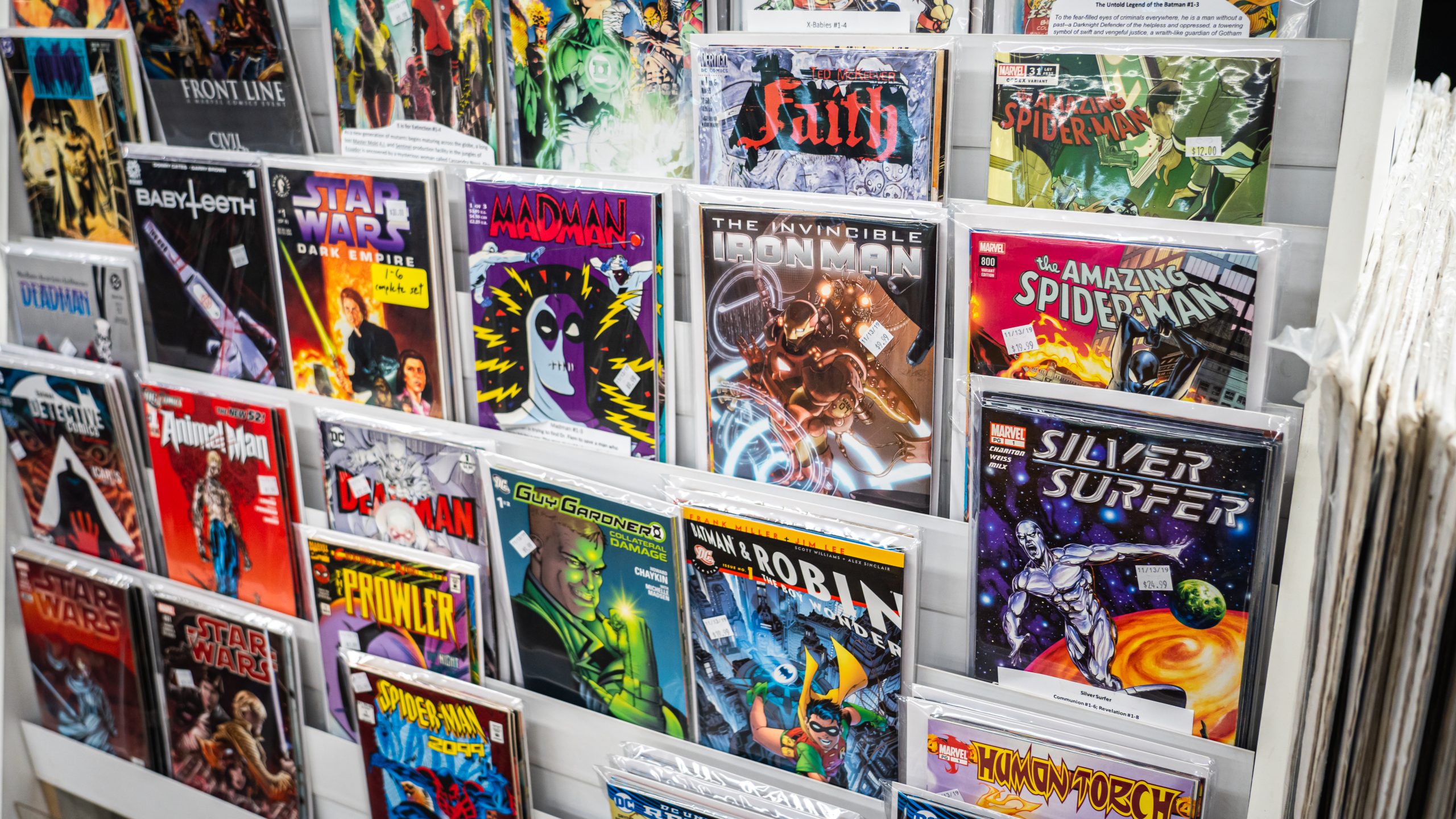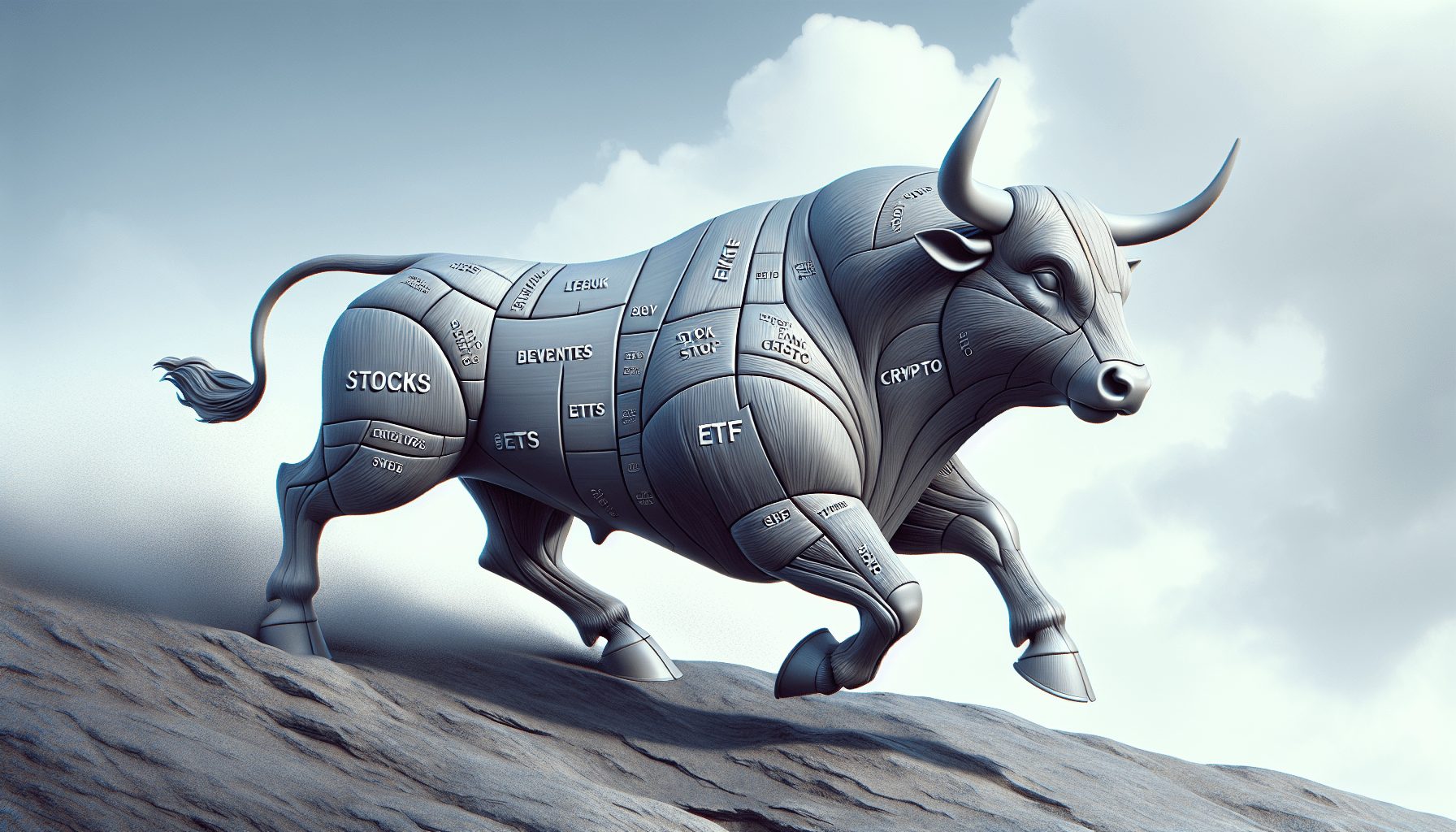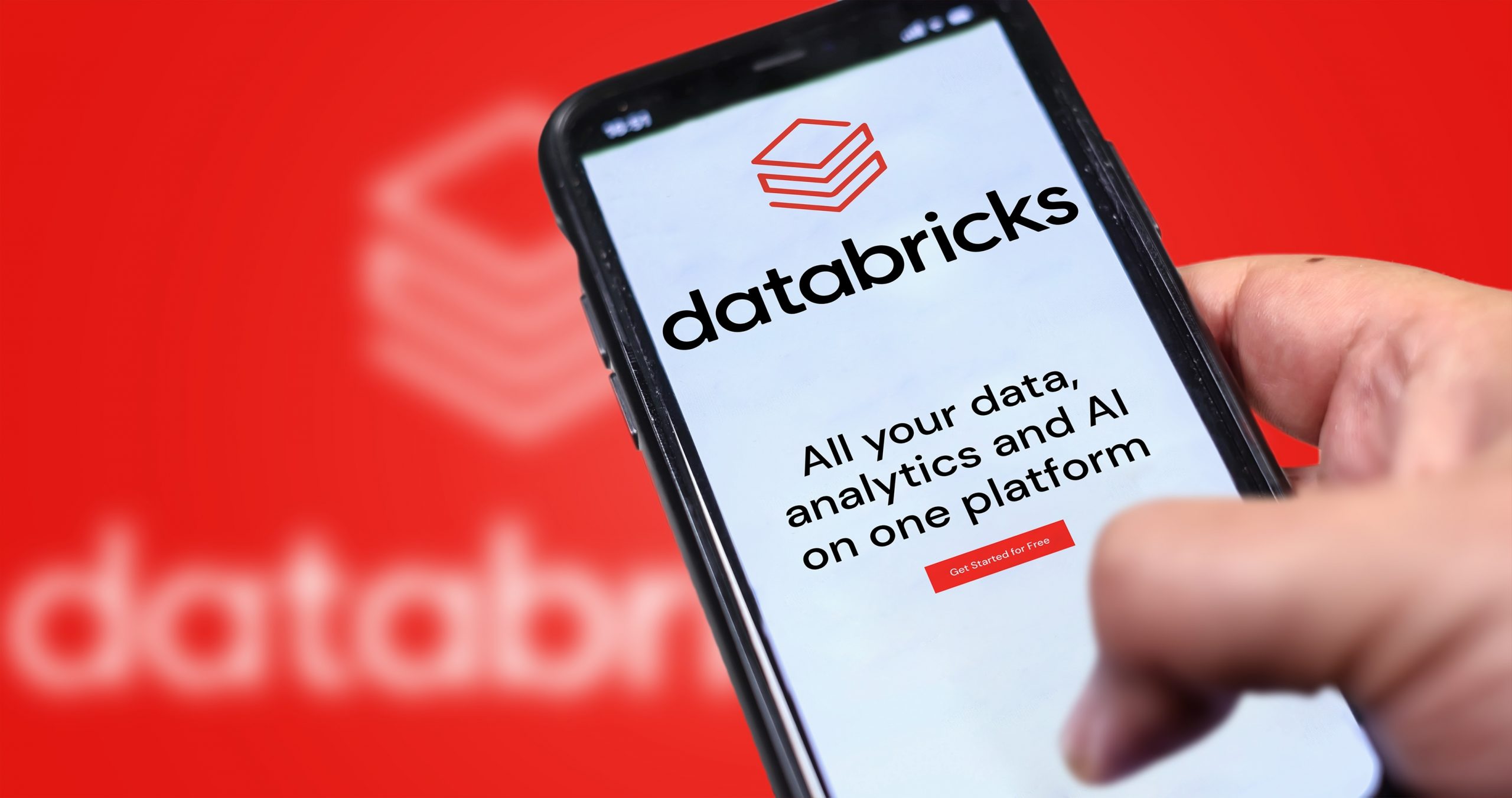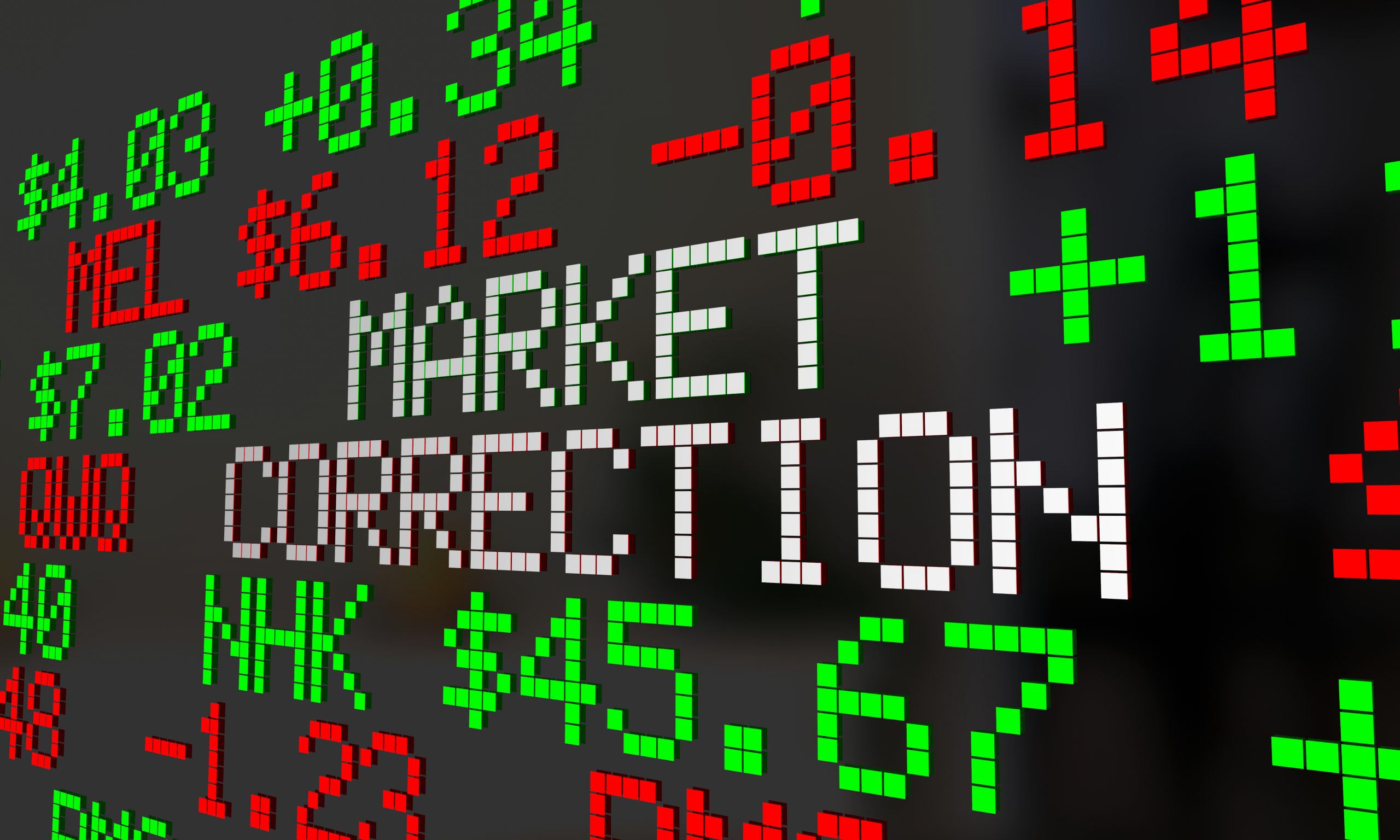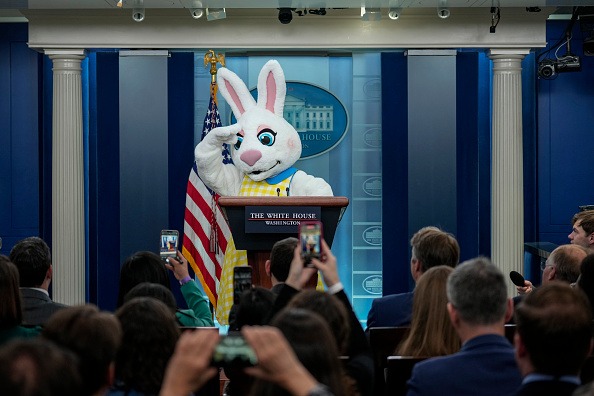Trading and Decision-Making (Part 2)
Brains over bots. If trading were filled with “certainties,” a machine could do it, according to an active tastytrader. But it requires the human touch and inspires the slogan: “Brains over Bots.”
A market is the combined behavior of thousands of people responding to information, misinformation and whim. —Kenneth Chang
Traders sometimes conclude the market is rigged when it doesn’t go their way or when its actions defy understanding. But others have made their fortunes by studying company fundamentals. Still, nefarious types sometimes profit by pumping misinformation into the market.
That means the market mixes things that make sense with things that don’t. Moreover, it’s subject to traders’ often-emotional whims.
But options aren’t traded on ideas about where the market will go. Instead, we trade what the market gives us. Understanding this distinction is crucial to trading options successfully.
Studying the “science” of trading won’t guarantee infinite wisdom. If it did, everyone who’s truly familiar with options trading would be rich. But probability is just probable. It doesn’t guarantee outcomes over time.
Probabilities shed light on the market (where reason sees elusiveness) while radically increasing the chance of success. That’s why traders study subjects like IV rank, delta, expected moves and probability of profit.
Traders should keep learning because market conditions change. And the mathematical metrics behind the changing market are always revealing under any market conditions. They don’t guarantee anything, but they never lie.
If trading was filled with certainties,” it would be so easy that a machine could do it. But it requires the human touch and inspires a slogan:. “Brains over Bots.”
The wisest person is not the one who has the fewest failures but the one who turns failures to [his or her] best account. —Richard R. Grant
Most lives are littered with trials, tribulations and failures. But that shouldn’t force them out of the market. One tip is to stay small by avoiding large trades and by making frequent trades. In other words, trade small, trade often.
You don’t learn piano by studying for three and a half hours every Sunday. Instead, you practice for half an hour every day. Traders who make money in the market with big trades are a small minority who get big press
Their success with big trades isn’t easily repeatable. So don’t seek rare successes. Seek knowledge. You will make losing trades, but it’s easier to recover from a small loss than a large one.
Beyond talent lie all the usual words discipline, love, luck—but, most all, endurance. —James Baldwin
The most successful traders have the most endurance. They’ve learned to give up their preconceptions about how the market works. The’ve learned there are no tricks. They’ve learned that despite the greed in the financial services industry, the trading mechanisms and the markets themselves are not rigged. They work.
Of all the properties which belong to honorable men, not one is as highly prized as that of character. —Henry Clay
The financial services industry needs more people with character—not just selling services. Customers should insist on quality, responsiveness and integrity. Be a customer of character who insists on these things.
What is the purpose of education?
I ask this of the audience every time I lecture or make a presentation. Surprisingly, many don’t know the answer. “To gather information; to get some answers,” they say.
The purpose of education is to teach you how to think.
We can’t provide you with best stocks or options to trade. We don’t know which way the market or stock will go. We can’t promise you that you can be successful. We don’t know your risk parameters, your willingness to study, your ability to reflect upon “mistakes” and learn or the extent of your tenacity.
All we can do is share our experiences of success and failure during decades of trading in all kinds of markets. We can share our understanding of the market metrics required to become a successful trader. We can help you learn to think.
Kerry Palanjian, who’sbeen investing for 20 years and trading options for half that time, appeared as a Rising Star on tastytrade.com LIVE in 2020. He’s worked in retailing and has run his own small business.
Want more on better decision-making? Look for the Aug., release of the August/September 2021 edition of Luckbox. Subscribe for free here at getluckbox.com.





